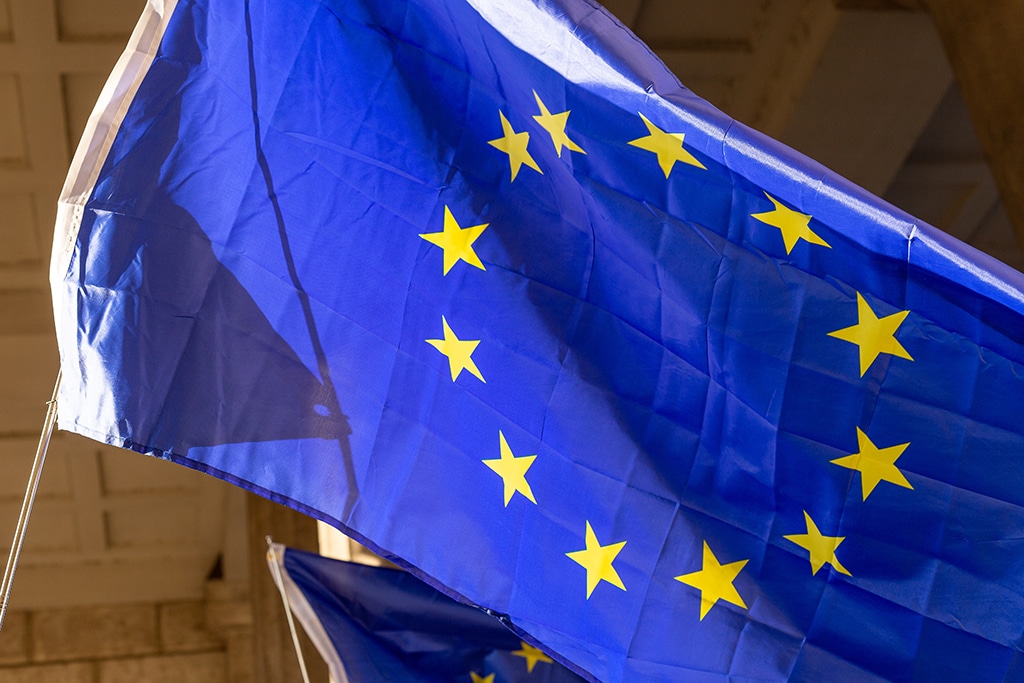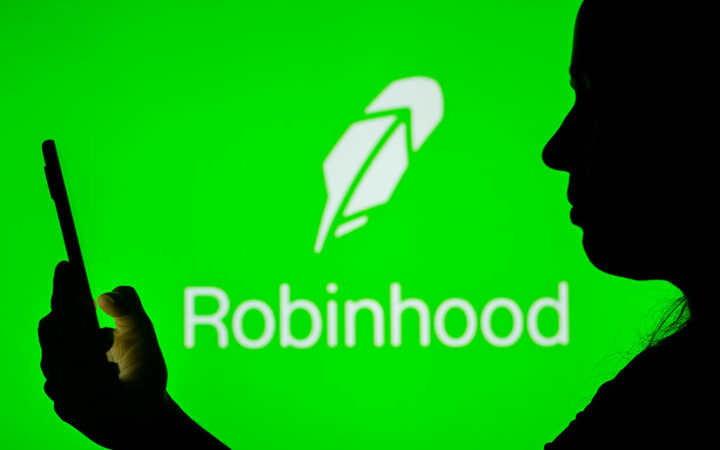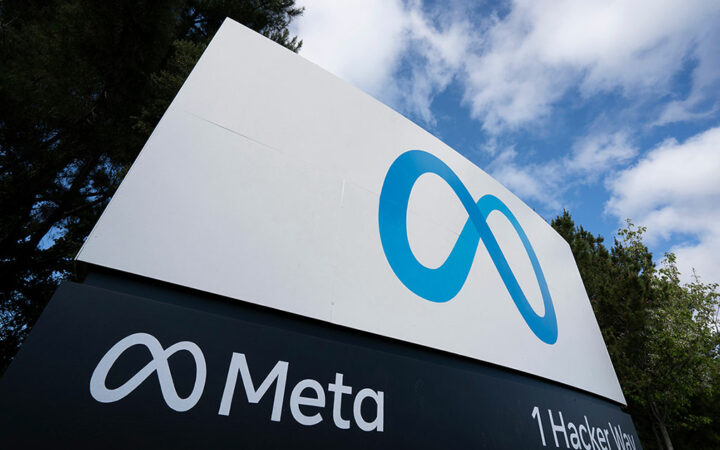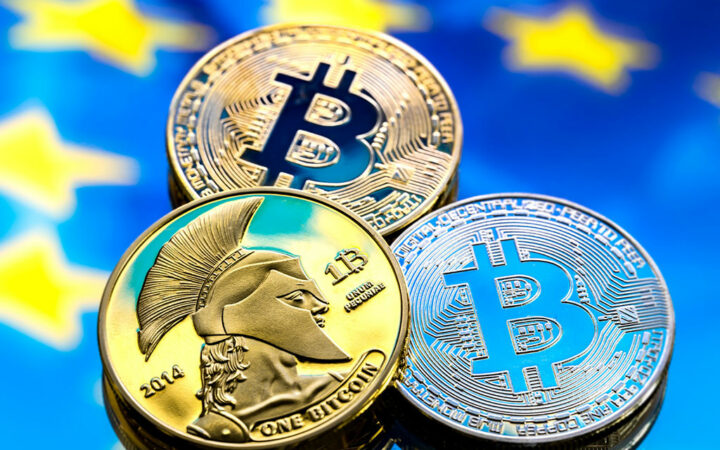
An experienced writer with practical experience in the fintech industry. When not writing, he spends his time reading, researching or teaching.
Despite losing $3.7 billion in the third quarter of 2022, Meta is still interested in hiring up to 10,000 employees in Europe to work on the metaverse.

Officials of the EU and Meta have expressed differing views about metaverse decentralization during a panel discussion involving officials of Meta, the European Parliament, and the European Commission.
Previously, the European Commission President, Ursula von der Leyen, registered her interest in pursuing new digital opportunities and trends, like the metaverse, in the coming years.
While the EU officials who spoke at the panel discussion believe metaverse decentralization is in the best interest of everyone, the social media giant is espousing ideas of a unified metaverse.
In its bid to gain the first movers’ advantage in the metaverse space, Meta has maintained its commitment to the space. Despite losing $3.7 billion in the third quarter of 2022, the Head of EU affairs at Meta, Aura Salla, has noted the company is still interested in hiring up to 10,000 employees in Europe to work on the metaverse.
The announcement contradicts Meta’s decision to announce a hiring freeze in September and lay off thousands of employees this month.
According to Salla, “Our economy, our consumers, our customers will benefit if we focus on creating one governance.” While reiterating that a centralized Metaverse is not for Meta alone, Salla noted that it is necessary to cooperate with businesses, stakeholders, creators, and policymakers for the future of the metaverse.
On the contrary, a member of EC’s digital transformation unit, Joachim Schwerin has noted that centralization would kill creativity in the metaverse space. “Whatever we come to, we cannot come to a centralized approach,” Schwerin argued. Instead, Schwerin advocated for several solutions as the gaming world is doing.
Similarly, member of the European Parliament, Eva Kaili noted centralization would only create gate-keepers in the new digital world represented by the metaverse. “It is critical to ensure that people will have full power over their digital lives, the data they share and the content they produce,” she said.
According to a Global Market Insights report, the metaverse market will contribute about $500 billion to the digital economy by 2028. For now, the technology remains in its nascent stages and what approach it will take remains unclear.
Disclaimer: Coinspeaker is committed to providing unbiased and transparent reporting. This article aims to deliver accurate and timely information but should not be taken as financial or investment advice. Since market conditions can change rapidly, we encourage you to verify information on your own and consult with a professional before making any decisions based on this content.

An experienced writer with practical experience in the fintech industry. When not writing, he spends his time reading, researching or teaching.




